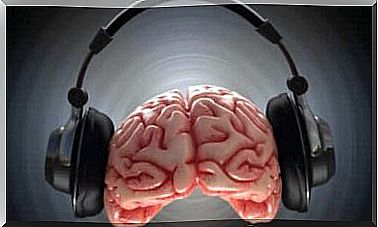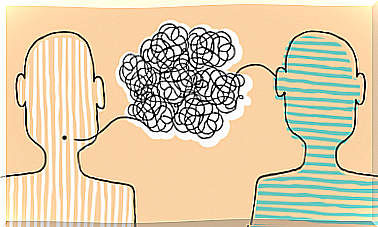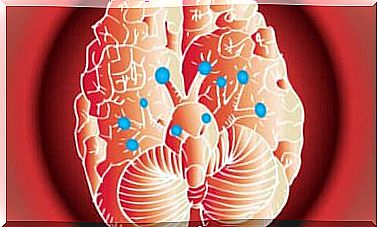3 Keys To Facilitate Your Work

There are ways to make his job easier. No matter how complex, there are always ways to make an activity easier and more efficient. The first of these is the mental order, which involves having criteria for developing tasks and determining a method that works.
There are tasks which can be very complex in themselves. The keys to making the job easier are not to reduce any difficulties you might encounter, but not to introduce unnecessary obstacles. It is about clearing a path to move forward with more fluidity.
Often what makes an activity difficult is not the task itself, but the way it is performed. Habits and attitudes are not always the most appropriate. Here are three keys to make your job easier and achieve your goals successfully.

1. Do not postpone tasks, a key to facilitate your work
Time management is one of the factors that makes your job easier or more difficult. Punctuality is not only a great virtue and a welcome courtesy, but it also has a great impact on efficiency. To start late is to start with a deficit and it is not the most appropriate for things to go smoothly.
There may be times when being late doesn’t have serious consequences and you can even catch up with it. However, this is not always the case. Having schedules and sticking to them will prevent you from facing a situation that will cause great and unnecessary difficulties.
On the other hand, and derived from the above, the result is usually negative when we postpone tasks. You may be able to meet the deadlines, or even procrastinate, but there’s a good chance you will one day fall while walking on the edge of the cliff. On the other hand, acting on the sidelines will give you time to improvise and lower your anxiety level.
2. Learn more to do better
You get used to doing activities in a certain way and keep doing them for eternity, unless a change is required from the outside. It is not an attitude that makes your job easier. In fact, it can make things more difficult.
In today’s world, the quality of the technological resources available to us is changing very rapidly. The field of producing knowledge about new methodologies to carry out a task is also very fertile. How much research have you done on tools or methods that can be applied to your work?
Almost all of these new tools and methodologies are aimed precisely at making various tasks easier. It is important to explore these possibilities from time to time. Not only will you likely find a way to make your job easier, but also better.

3. Disconnect at the end of the day
Although we hear it often, it never hurts to remember that rest is as important as work. Maybe even more. The data available in this regard confirms the same thing over and over again: a good rest promotes better productivity.
We come from a time when we were told that going far was the result of hard work. By “hard work” was meant excess work. Devote hours, days, months and years to non-stop work. Today, we know that not only is this not true, but that in fact it can have the opposite effect.
Work dynamics work when we give rest the value it deserves. Do you stop thinking about work when you leave the office or get out of the delivery vehicle? What do you do with work problems?
It is often difficult to segment the areas because the person who comes home tired is the same person who worked. However, the good news is that we can still take control of our attention.
To make it easier for you, the most important thing is that you apply reasonable criteria. It is an ongoing exercise that involves periodically reassessing the way you conduct your business.










